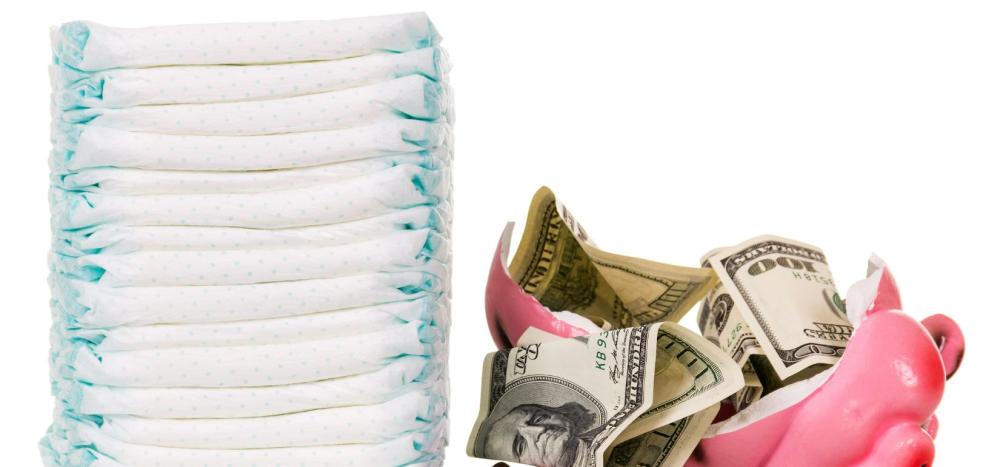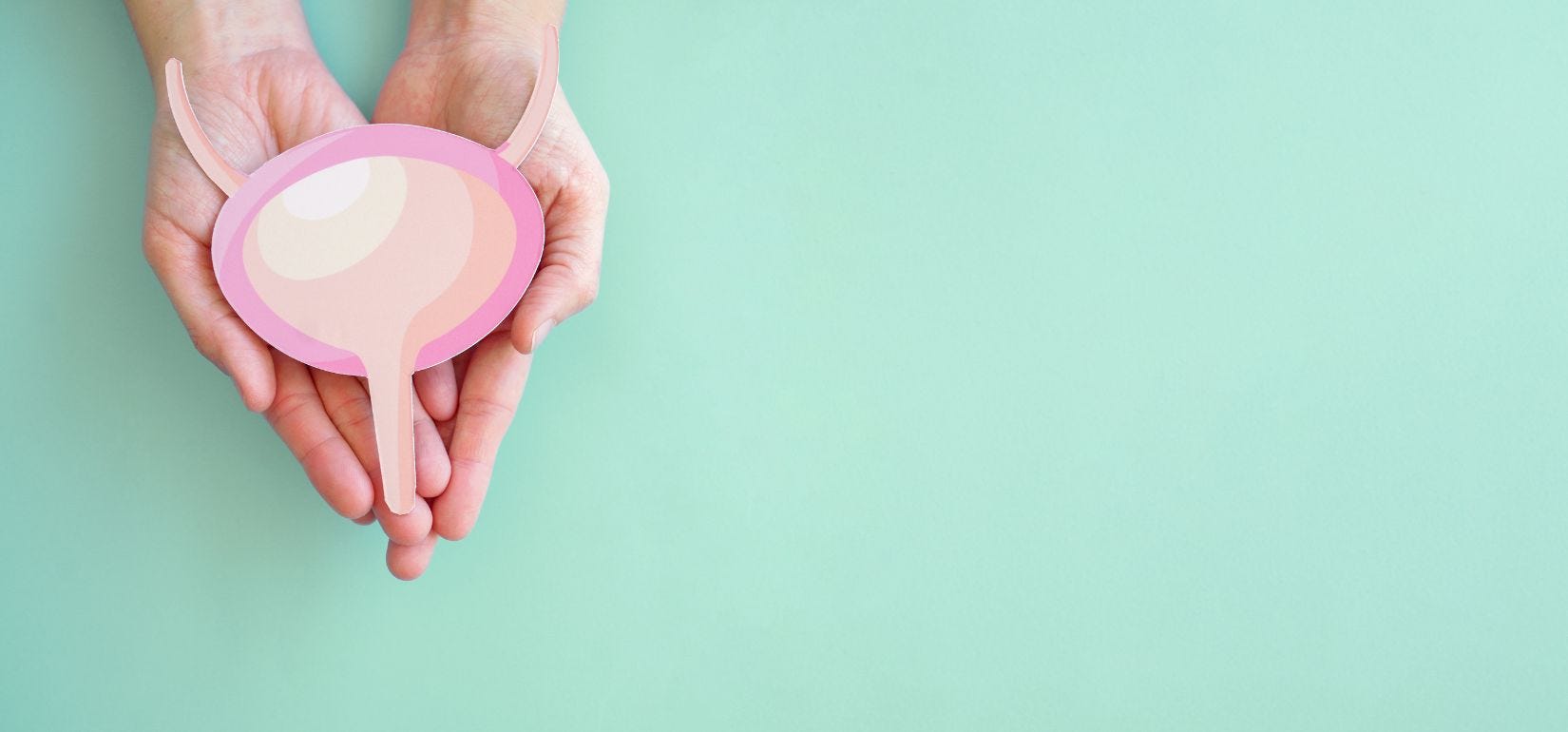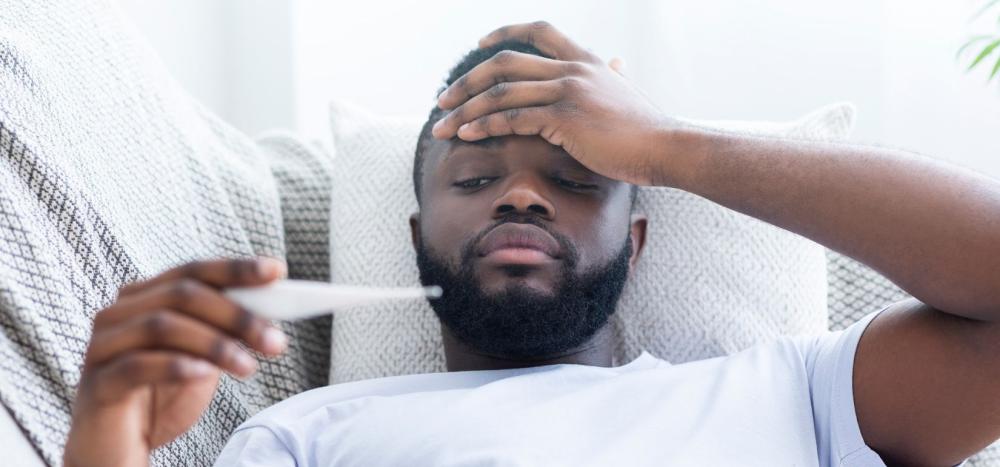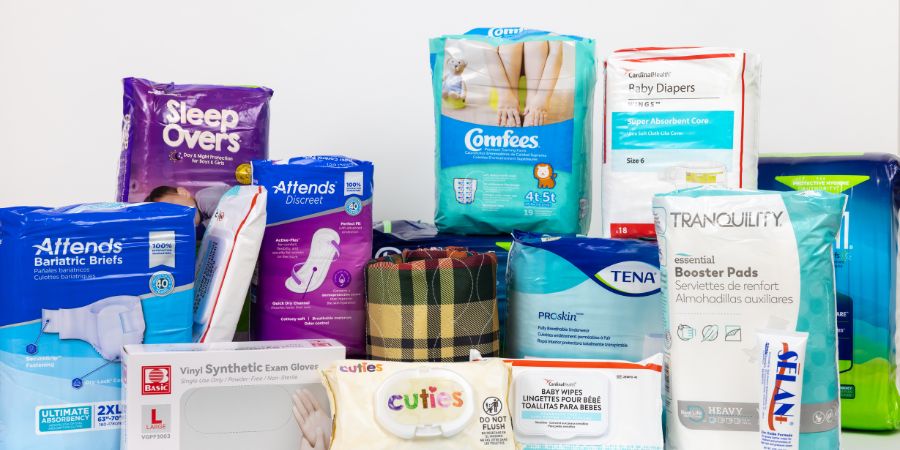This piece has been medically reviewed by Aleece Fosnight, MPAS, PA-C, CSC-S, CSE, NCMP, IF, Medical Advisor to Aeroflow Urology.
Believe it or not, physical activity and bladder health are very connected. If your bladder health is poor, you may leak urine when exercising. If you exercise, your bladder health will improve.
Learn more about how exercise impacts your bladder health and may prevent urinary incontinence.
How Exercise Impacts Bladder Health
You may often think exercise is beneficial to the cardiovascular system and not any other organ system.
However, physical activity can improve your bladder health by:
- Strengthening your pelvic muscles which support the bladder and urethra.
- Keeping the detrusor (bladder muscle) working optimally to allow the filling and emptying of your bladder.
- Decreasing opportunities for constipation, which can cause increased urinary frequency and urgency, along with urinary incontinence.
Check Your Eligibility
2 Easy Steps
Discover the continence care essentials available through your Medicaid plan.
- Improving your entire body’s health.
- Increasing blood flow and circulation which aids in kidney filtration and eliminates waste in the body. Increased blood flow also brings more oxygen-rich blood to vital organs, including the bladder, to keep them happy and healthy.
- Maintaining sexual function.
What Is Urinary Incontinence?
If you leak urine during exercise, you may have urinary incontinence. Urinary incontinence occurs when you no longer have bladder control. This loss of control can be due to the following:
- Aging
- Menopause or menstruation.
- Pregnancy or childbirth.
- Nerve damage.
- Certain medications.
- Certain medical conditions, such as Alzheimer’s disease, Parkinson’s disease, etc.
- Special needs, such as autism, ADHD, etc.
- Genetics


Different types of urinary incontinence include:
- Stress incontinence: This type of incontinence is commonly associated with leakage while exercising. Leaking urine when you cough, sneeze, exercise, laugh, or lift heavy objects.
- Urge incontinence/ overactive bladder (OAB): Feeling the frequent and sudden urge to void your bladder, sometimes resulting in urine leakage.
- Overflow incontinence: When you cannot empty your bladder completely, leading to overflow or dribbling throughout the day.
- Mixed incontinence: Having more than one type of urinary incontinence at once.
Supporting Bladder Health
You can support your bladder health by doing the following things.
1. Strengthen Your Pelvic Floor
Focusing on strengthening the correct muscles in your pelvic floor is critical when utilizing physical activity to help support your bladder.
The pelvic floor muscles are a group of muscles attached to all aspects of the pelvic girdle. The core (lower abdomen, hips, pelvis, lower back, adductors, and abductors) helps to support the bladder, bowel, and reproductive organs.
If those muscles are not working harmoniously together, it can weaken the opposite muscles and cause:
- Pain
- Limited mobility.
- Ultimately dysfunctionally operating organ systems.
Do pelvic floor muscle exercises at home, such as Kegel exercises, and incorporate them into your daily routine.
2. Wear Bladder Control Products
Bladder control pads, adult protective underwear, and adult briefs are discreet ways to manage leaks while exercising if you experience symptoms of urinary incontinence. These products will also keep your urinary system healthy by preventing moisture buildup that could lead to urinary tract infections (UTIs).
If you’ve been diagnosed with a type of incontinence, you may be able to receive bladder control products free through your insurance with Aeroflow Urology. We supply high-quality incontinence supplies every month and deliver them directly to your home in unmarked boxes.
To see if you qualify to get your incontinence supplies 100% covered by insurance, fill out our Eligibility Form today.
It takes less than 5 minutes, and we don’t share your information with anyone. After completing the form, one of our dedicated Continence Care Specialists will let you know if you qualify.
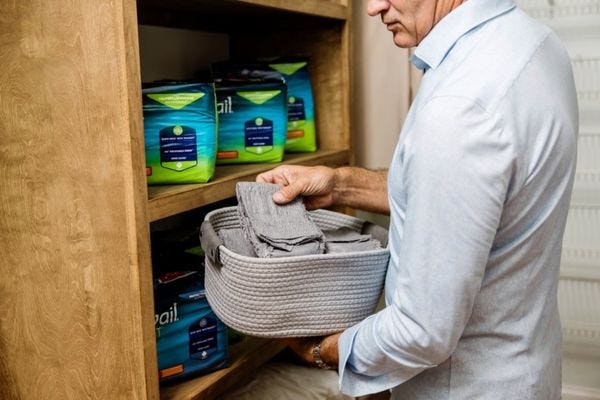

From there, we take care of all the insurance paperwork and help you choose the perfect product size and type for your body.
3. Stretch
Stretching is essential and is often an afterthought. Stretching before and after a workout helps muscles to recover and not stay contracted. Remember: Muscles need to be strong but relaxed, not tight.
4. Hydrate
Hydration is key to replacing water lost while sweating during physical activity. If you don’t replace this lost fluid, waste particles are eliminated in concentrated urine, which leads to irritation and inflammation of the urinary system.
This causes the bladder to want to contract more frequently and can cause urinary urgency. Water helps dilute urine and improves kidney filtration. Drinking at least 60-80oz of water daily helps with proper urinary system functionality.
5. Stay Active
Avoid being sedentary! Small physical movements throughout the day can help optimize your muscles and allow your body to improve its function. Small activities you can do throughout the day include:
- Take a quick walk for 5-10 minutes.
- Take the stairs instead of the elevator.
- Stand up while working every 45 minutes and walk around for a few minutes.
- Walk to stores that are nearby rather than driving.
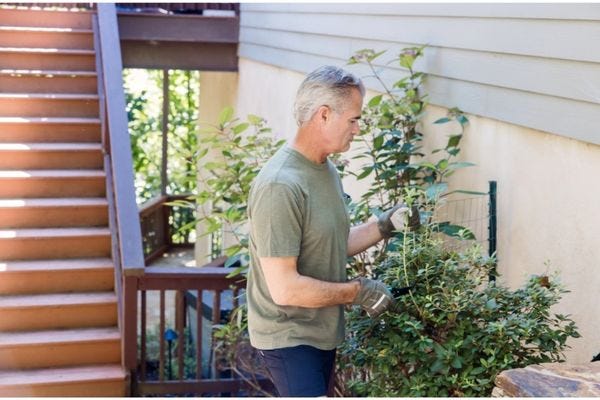

6. Use Exercise Equipment
Resistance bands: These bands are a good way to incorporate strength training.
Exercise balls: Sitting on an exercise ball and performing hip rolling can also be great for stretching and strengthening.
7. See a Physical Therapist
If you need help with pelvic floor exercises or moving the right muscles in your core, you can visit a physical therapist or a pelvic floor therapist. Physical therapy can help improve pelvic floor strength, general body strength, and sexual health.
8. Visit Your Healthcare Provider
You should always visit your healthcare provider if you have symptoms of urinary incontinence. They’ll help you determine what type of incontinence you have and give medical advice on managing your symptoms while continuing to exercise.
Information provided on the Aeroflow Urology blog is not intended as a substitute for medical advice or care from a healthcare professional. Aeroflow recommends consulting your healthcare provider if you are experiencing medical issues relating to incontinence.




